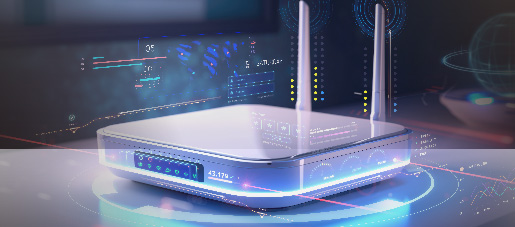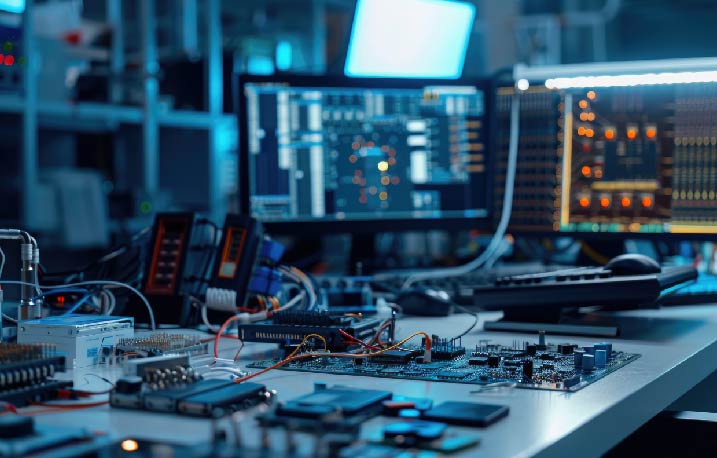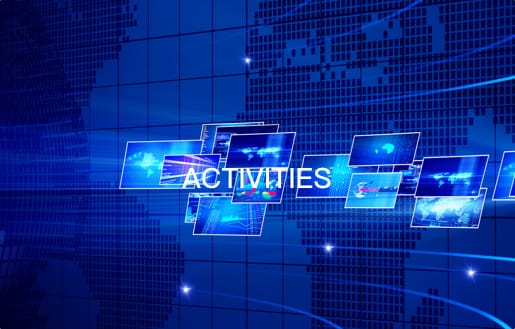Allion Labs / Greg Tsai
With Apple removing the earphone jack on iPhone 7 and launching the revolutionary Air Pods in 2016, wireless earphones, particularly True Wireless Earbuds, are getting increasingly popular.
Consumers are willing to spend more on a pair of earphones, as it allows users to be free from the strings when exercising and commuting. Wireless earphones are not the only product that is loved by many, smart speakers, the hub and control center for smart homes, has also been a fast-growing audio product.
Over the years, as the audio industry continues to thrive; the market has become more competitive than ever. Vendors need to ensure their products deliver high-quality to meet uses’ expectations and outrun other competitors.
Electroacoustic tests are pivotal in building high-quality audio products
So how can vendors thrive in this competitive audio market? The answer is validation. The core functions of True Wireless Earbuds are driven by amplifiers and microphones, and we need to ensure these components can work properly and avoid the following issues to deliver high-quality products:
Electroacoustic Design and Its Issues
- Microphone Directivity: Issues in directivity will affect how sound is received, thus affecting audio quality
- Frequency Response: Poor frequency designs will distort audio clarity
- Total Harmonic Distortion: When harmonic is higher than auditory masking, users will notice the difference
- Product Design: Improper mechanical designs are very likely to cause loose components, causing harmonic noises
Challenges of TWS Validations
- From Wired to Wireless, how do we validate TWS when there are no wired cables for input and output?
- A host, mostly a mobile phone, is needed to use the TWS.
- How do we tackle latency issues ( which happens a lot when users are playing games)
- How do we know the performance of critical functions such as noise-canceling?
Challenges of Smart speakers
- Smart speakers receive and send information through cloud-based platforms.
- Smart speakers are activated by voices, there are no buttons or touchscreens for testing operations
- When measuring, there will be a slight error as the voices are not synchronized, there might also be impedance between the equipment and measuring instruments
Allion Solution for TWS and Smart Speakers
1. Basic Electroacoustic Measurement
Amplifier: IEC 60268-5
- Frequency Response
- Sensitivity
- Impedance
- Directivity
- Distortion
- Linearity
- (T/S parameter)
Microphone: IEC 60268-4
- Frequency Response
- Sensitivity
- Noise level
- Dynamic Range
- Distortion
- Linearity
2.Electroacoustic Validation of TWS and Smart Speakers
Environment Setup for TWS and Smart Speaker Test in the anechoic chamber
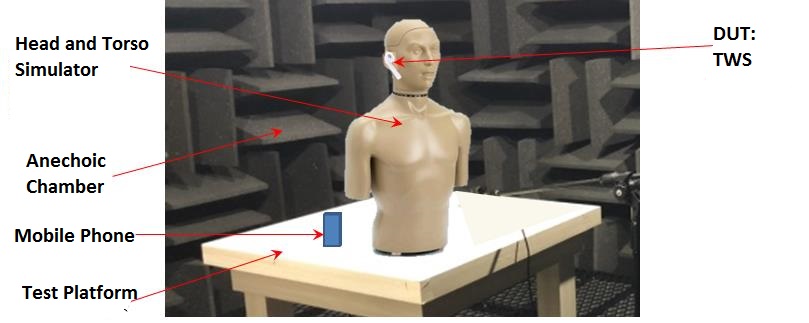
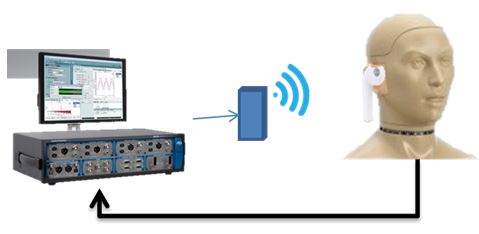
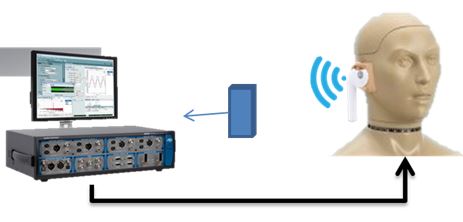
The frequency response, sensitivity, and distortions of loudspeaker systems are measured using the following testing methods:
- Uploading the testing signals to mobile phone
- Play the testing signal
- The microphone on HAT will receive the signal sent from the mobile phone
- Analyze audio quality via the analyzer
The frequency response, sensitivity, and distortions of microphone systems are measured using the following testing methods:
- Head and torso simulator (HAT) calibrated to play the testing signals
- A pair of TWS turned on to receive the testing audio and then record the audio on a mobile phone
- Download the audio file from the mobile phone to the analyzer
- Analyze audio quality via the analyzer
3. Bluetooth® Latency Tests
- We have Audio Precision systems for measurement
- Synchronized playback, recording system
- Time Delay Estimation and MLS to ensure higher test accuracy
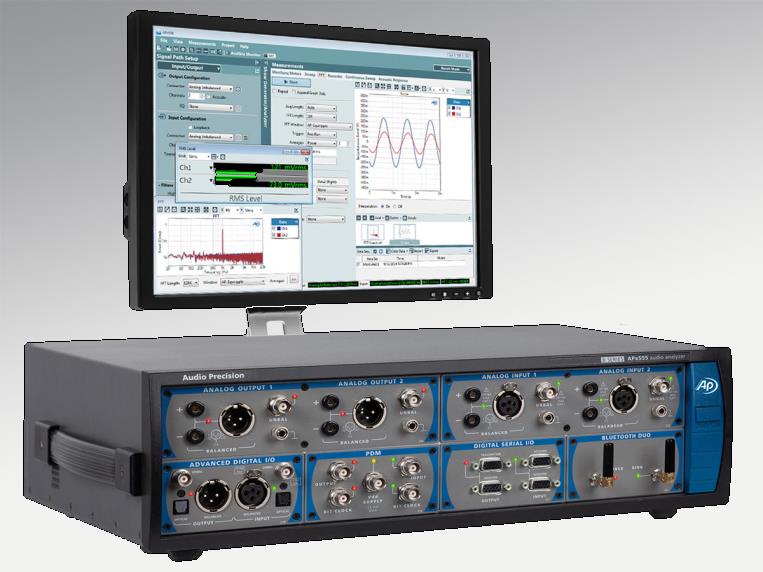
4. Debugging analysis / consulting
This graph depicts a conventional Frequency Response and THD measurement, which are the first steps of quality check for audio products.
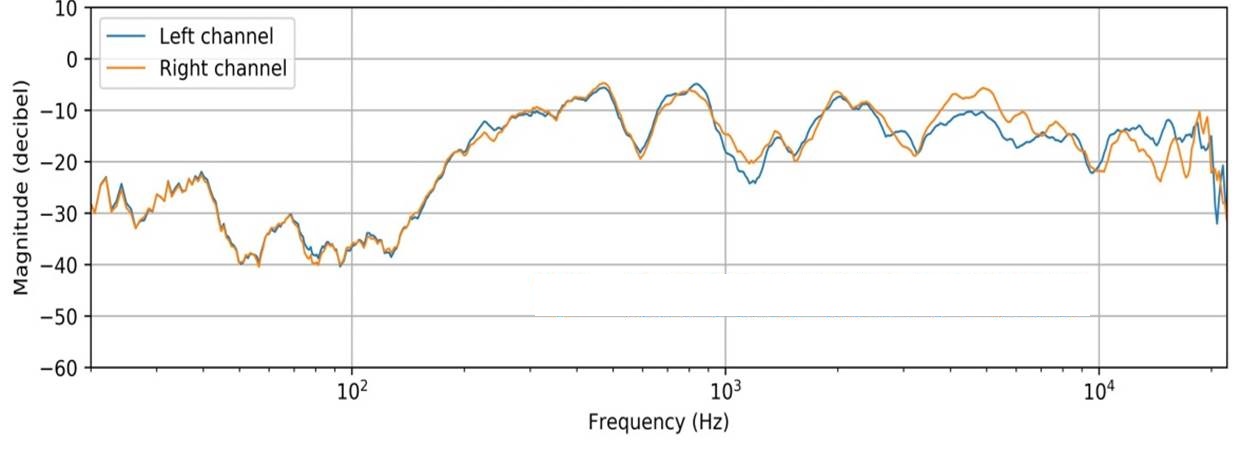
However, it is hard to unveil all potential risks when using the Frequency Response or THD measurement.
Therefore, we use time-frequency analysis to further analyze the performance of the product.
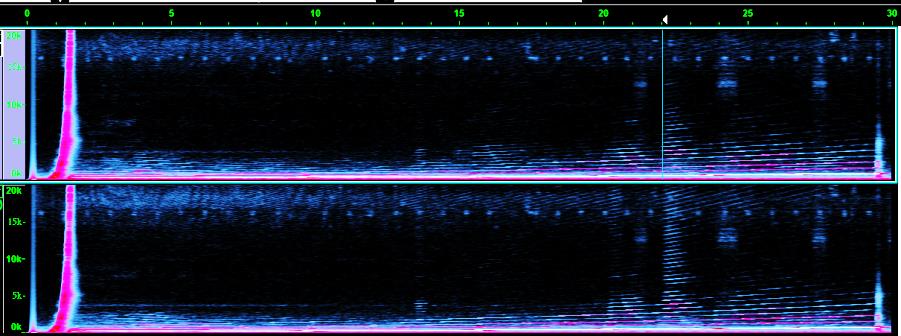
For any questions regarding the validation of TWS, smart speakers, or any other audio products, please contact us at service@allion.com















